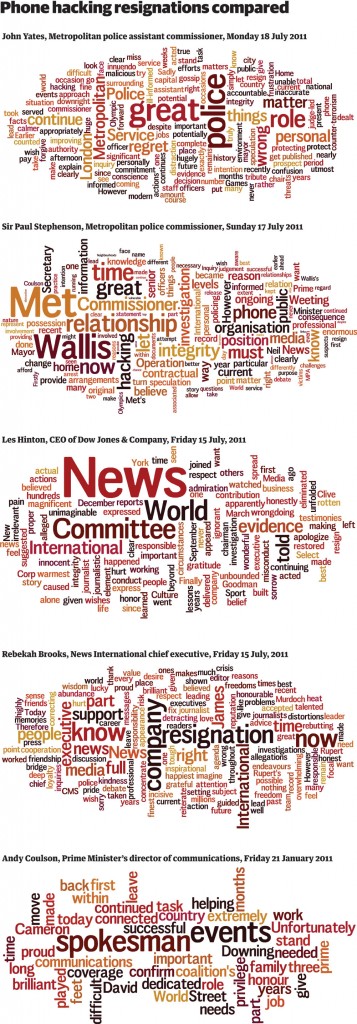Whether it is the desire to replicate the enormous sales successes of the MPs’ expenses and WikiLeaks revelations, or publishers wanting to expand into selling data services, it seems everyone wants to do something with data. The only question, writes Paul Bradshaw, is: where to start?
When Simon Rogers first asked to publish data on the Guardian website, someone asked: “Who on earth would want to look at a spreadsheet online?” It turned out that over 100,000 people would regularly hit the website to do just that. One person’s audit, it seemed, was another’s sticky content. And the past few years have seen data transformed from conversation killer to hot topic – in both newsroom and boardroom.
Tapping into development talent
For some publishers, the advantage of a data-driven approach to news production is that it allows them to tap into latent development talent within the readership. The Guardian and the New York Times are among an increasing number of media organisations to publish APIs – Application Programming Interfaces – that allow web developers to build new products with their content and – equally importantly – the data surrounding it. In return, the new services can carry advertising sold by the publisher, drive new traffic to the original site, or act as market research to demonstrate demand for a more developed proposition (as happened, for example, with the Guardian’s mobile app).
To stimulate this development, organisations organise ‘Hack Days’ where developers are invited to spend a day or a weekend creating quick editorial ‘hacks’. The investment is minimal when compared to the cost of doing everything in-house: a small amount of staff time, and a lot of pizza.
Hack day events have led to all sorts of outcomes from personalised mobile editions, applications which would alert people to events and route them to the location, even a tool which suggests recipes based on an image uploaded by the user. The Guardian say they benefit from “being able to reach new markets that we might not otherwise find. We grow our vertical ad network through high quality partners [taking part in hack days]. We’re also able to offer our end users innovative, clever and useful interactive services provided by experts outside of our domain.” [Read more…]

